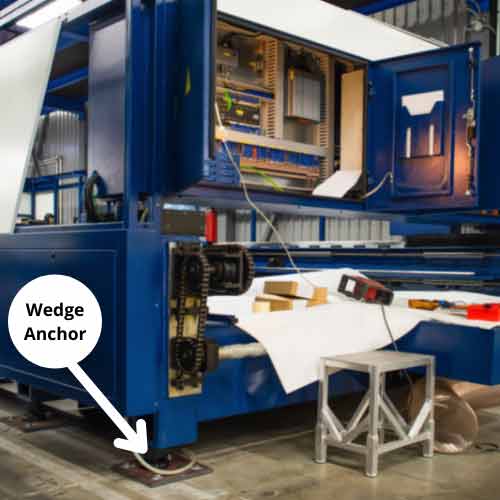thousand bolts and one nut supplier
يانۋار . 02, 2025 09:29 Back to list
thousand bolts and one nut supplier
The Importance of Reliable Suppliers A Case Study of Thousand Bolts and One Nut Supplier
In the intricate world of manufacturing and construction, the significance of reliable suppliers cannot be overstated. One illuminating case is that of the Thousand Bolts and One Nut Supplier, a fictitious yet representative model that underscores the dynamics of supply chain management and the essential role that a single part can play in the overall assembly process.
At first glance, the notion of a supplier that provides a thousand bolts may seem straightforward. Bolts are ubiquitous in various industries, from automotive to construction, serving as the vital fasteners that hold components together. However, with the addition of one nut in the supplier's name, we immediately recognize an important principle in manufacturing the interdependence of components. A nut, while it's just one part, is indispensable when it comes to securing a bolt. This metaphor extends beyond the tangible products; it illustrates the relationship between different elements in a supply chain.
In today's global economy, companies often rely on numerous suppliers to source the components they need for production. Each supplier has its own strengths and weaknesses, and disruptions—be they due to logistical challenges, geopolitical issues, or natural disasters—can significantly impact the entire supply chain. The case of Thousand Bolts and One Nut Supplier serves as a reminder that ensuring a consistent and reliable supply of even the smallest components is crucial for maintaining production schedules and meeting customer demands.
Consider a manufacturing plant that specializes in assembling bicycles. The company orders thousands of bolts from various suppliers, expecting timely deliveries and high quality. However, if they source these bolts from multiple vendors without a reliable one nut supplier, they might find themselves in a predicament. Even if they receive all the bolts on time, an insufficient supply of nuts means they cannot complete the assembly process. This scenario not only delays production but also affects their ability to meet customer orders, potentially leading to lost sales and diminished reputation.
thousand bolts and one nut supplier

Moreover, this situation brings to light the intricacies of managing supplier relationships. A supplier that specializes in a particular product—like a manufacturer of nuts—can become an invaluable partner. By establishing a strong relationship with such a supplier, manufacturers can ensure that they have a stable procurement channel for this crucial component. This collaboration can lead to improved communication, favorable pricing, and even innovations in product design. The mutually beneficial nature of these relationships enhances the robustness of the supply chain, allowing for greater resilience against disruptions.
In light of these dynamics, businesses must adopt strategic approaches to supplier management. Diversifying the range of suppliers for various components can mitigate risks; however, it's equally important to identify key suppliers who provide critical parts. In the case of our Thousand Bolts and One Nut Supplier, the focus should not only be on acquiring thousands of bolts but ensuring that the supply of nuts is equally assured and sustainable.
As industries continue to evolve, leveraging technology for better supply chain management becomes increasingly important. Tools such as supply chain analytics, real-time tracking, and supplier performance evaluation can provide firms with the insights they need to make informed decisions. By implementing these technologies, businesses can manage their suppliers more effectively, ensuring that every component—big or small—is accounted for and available when needed.
In conclusion, the story of the Thousand Bolts and One Nut Supplier serves as a powerful reminder of the complexities and interdependencies within supply chains. As industries become more interconnected and reliant on nuanced components, companies must prioritize the establishment of strong, reliable supplier relationships to ensure their operational success. By doing so, they can navigate the challenges of a dynamic market and safeguard against the risk of disruptions that could threaten their ability to deliver quality products to customers.
Latest news
-
High-Quality Bolts for Lawn Mower Handle Supplier & Manufacturer
NewsAug.21,2025
-
Reliable Axle Nuts Supplier | High-Quality Automotive Parts
NewsAug.19,2025
-
Premium Wire Bolts Suppliers | Durable & Reliable Fasteners
NewsAug.18,2025
-
Leading Metric Wood Screw Companies & Manufacturers
NewsAug.17,2025
-
Top Wire Bolts Suppliers - Quality & Durable Fasteners
NewsAug.15,2025
-
Trusted Wire Bolts Company | Quality Fasteners Supplier
NewsAug.14,2025
